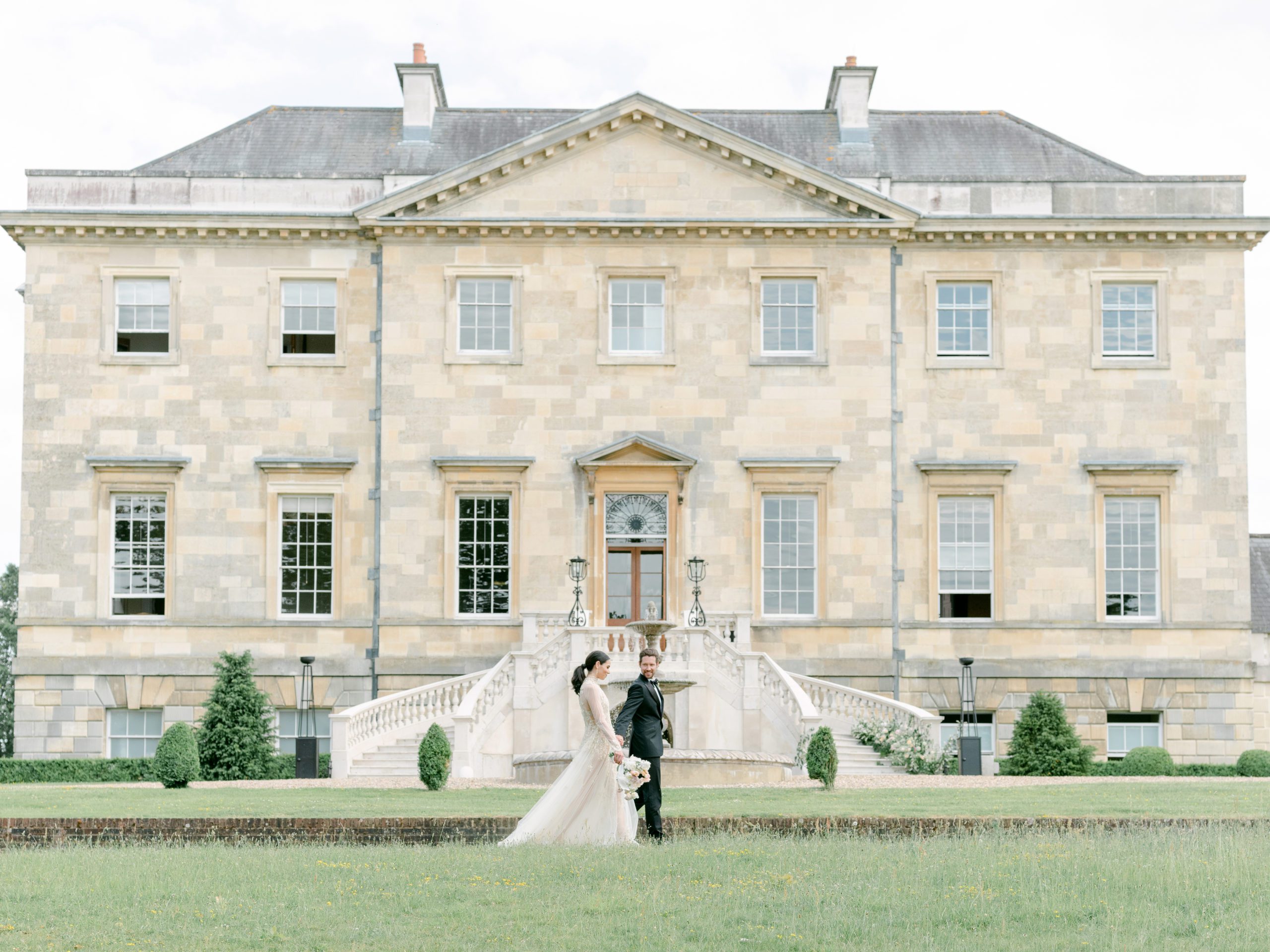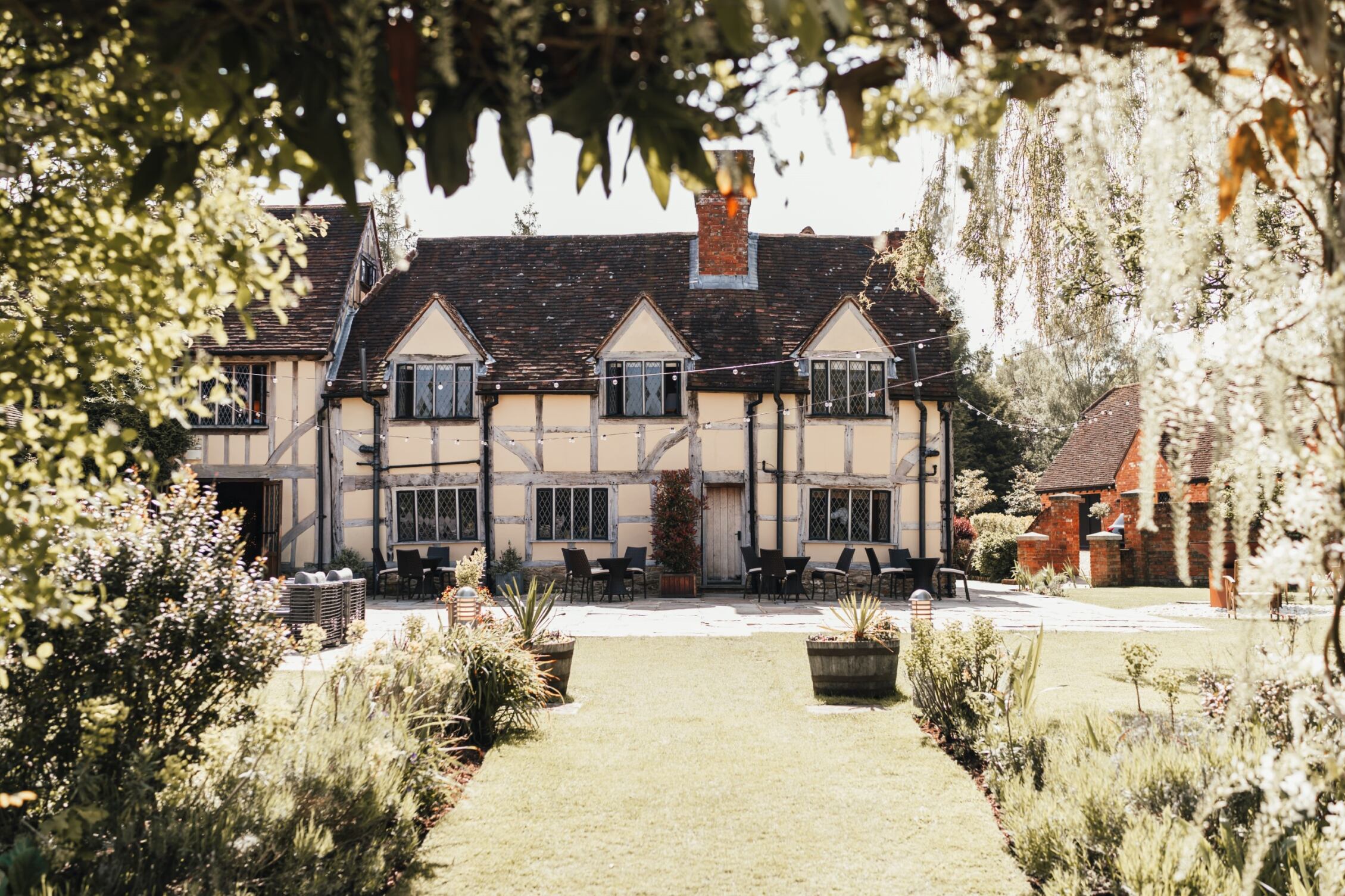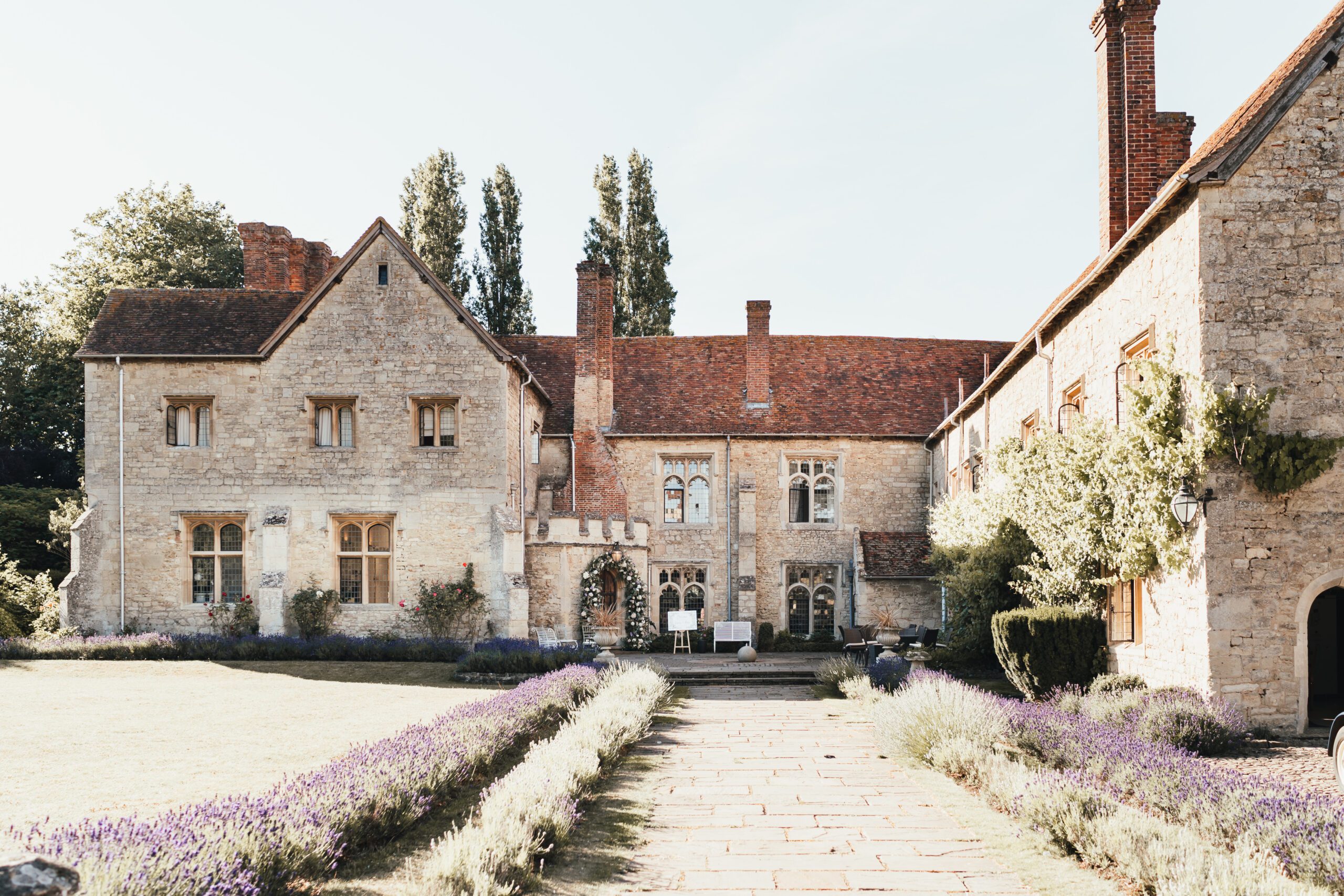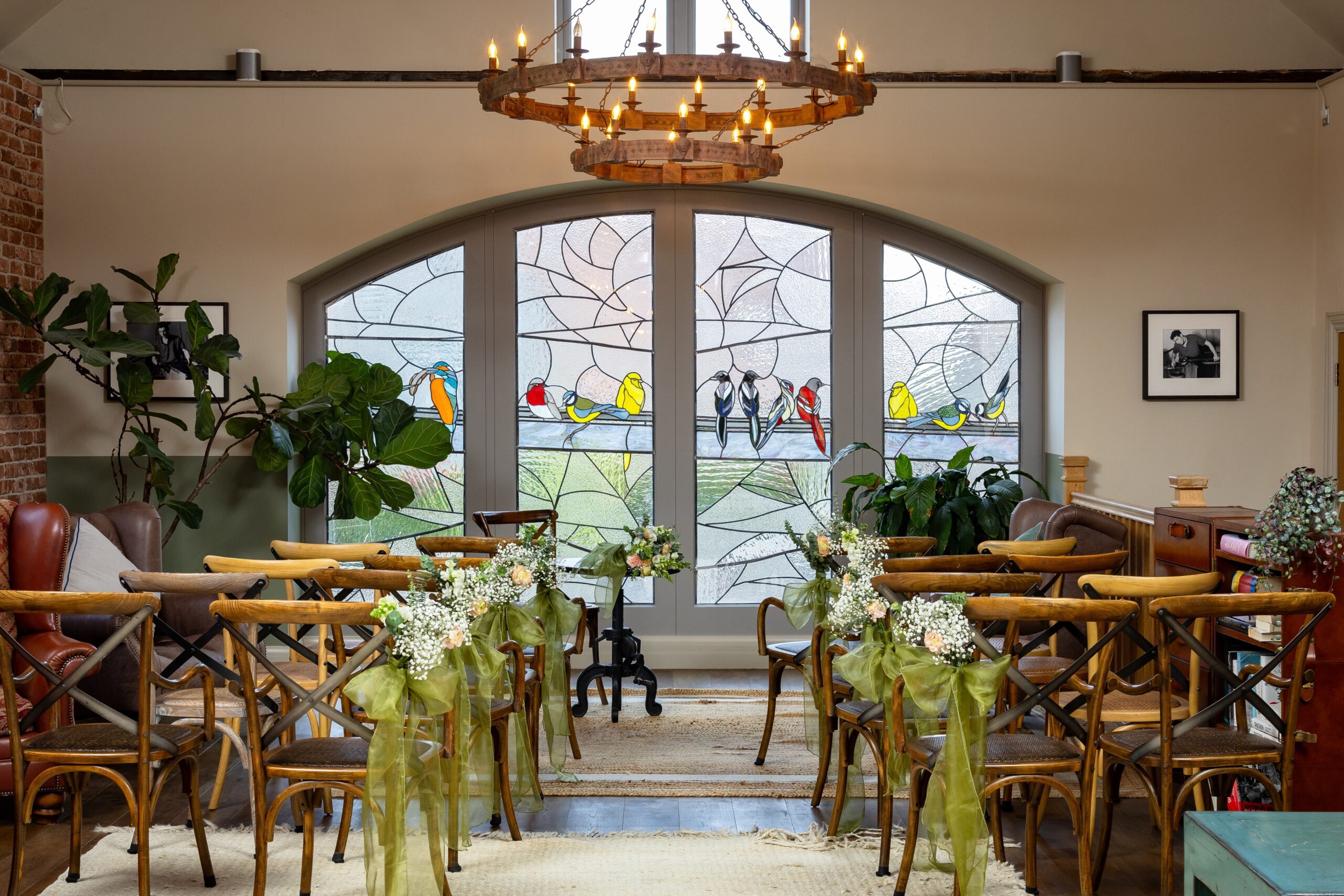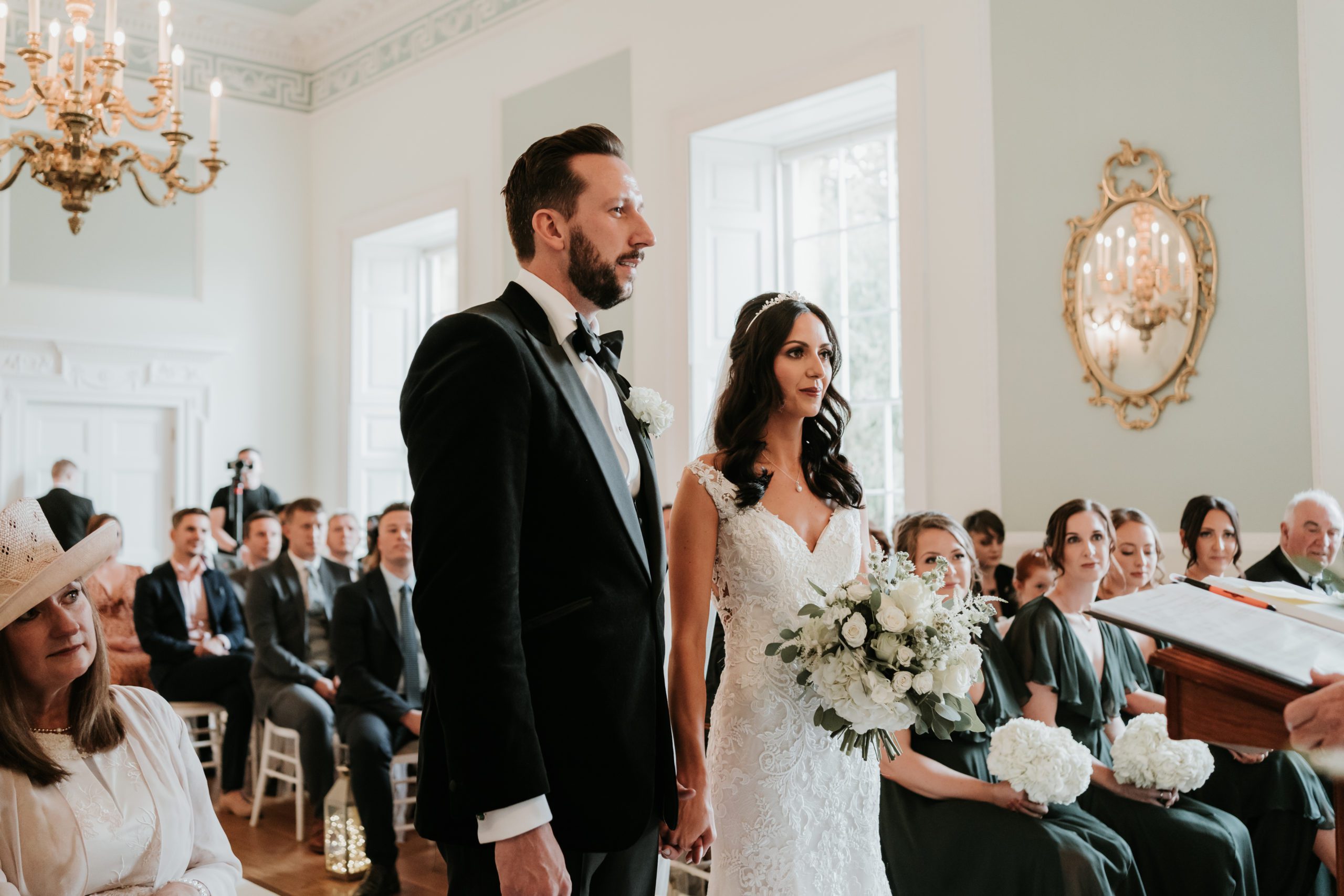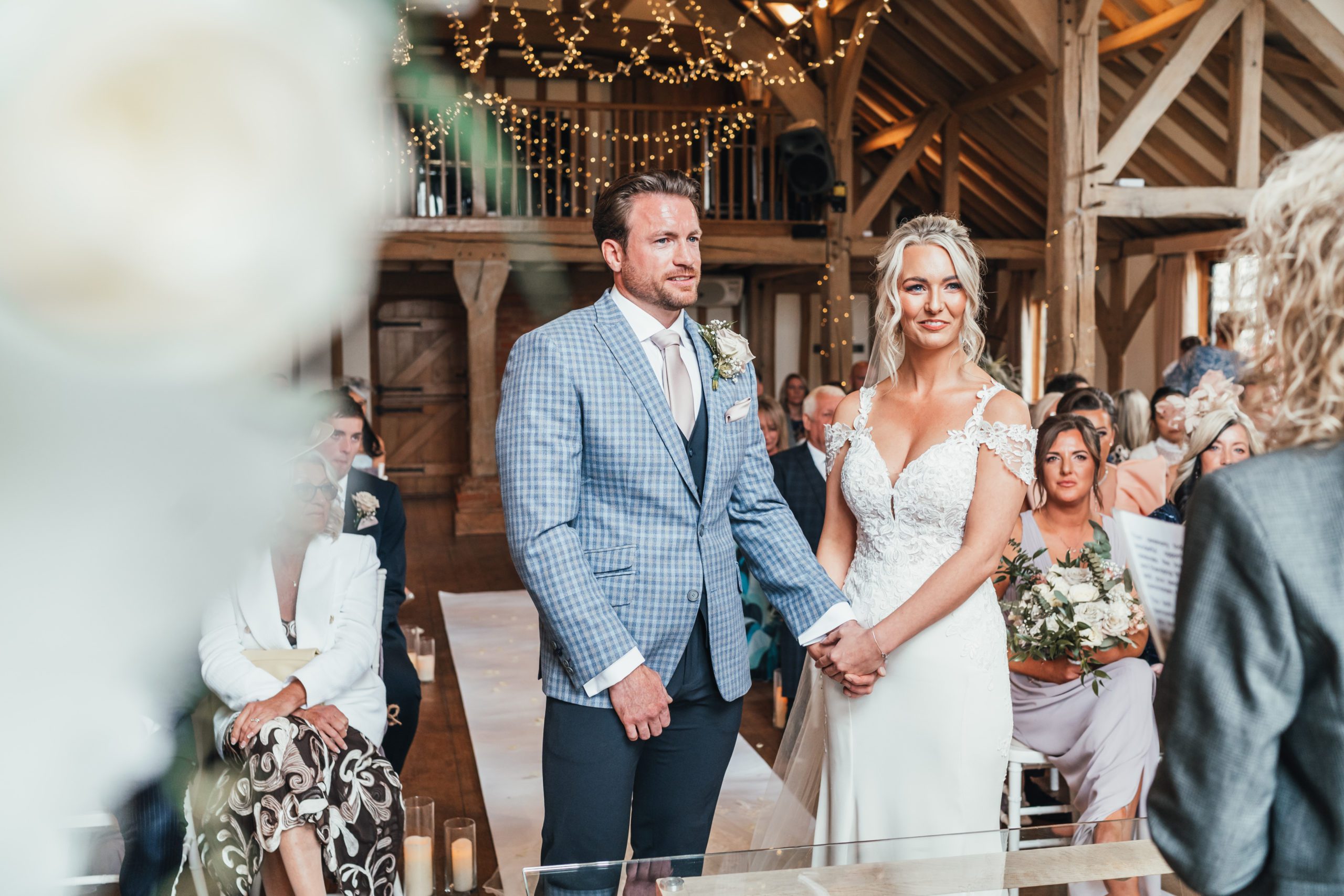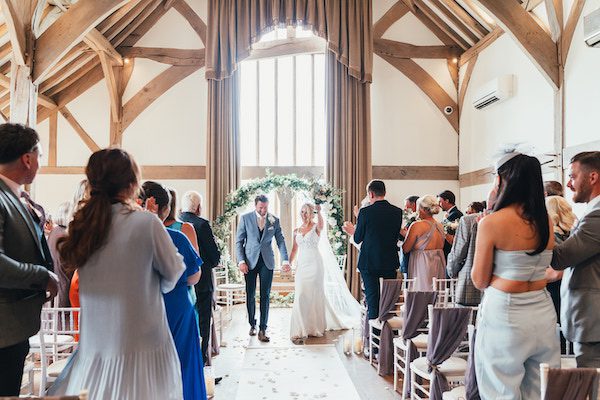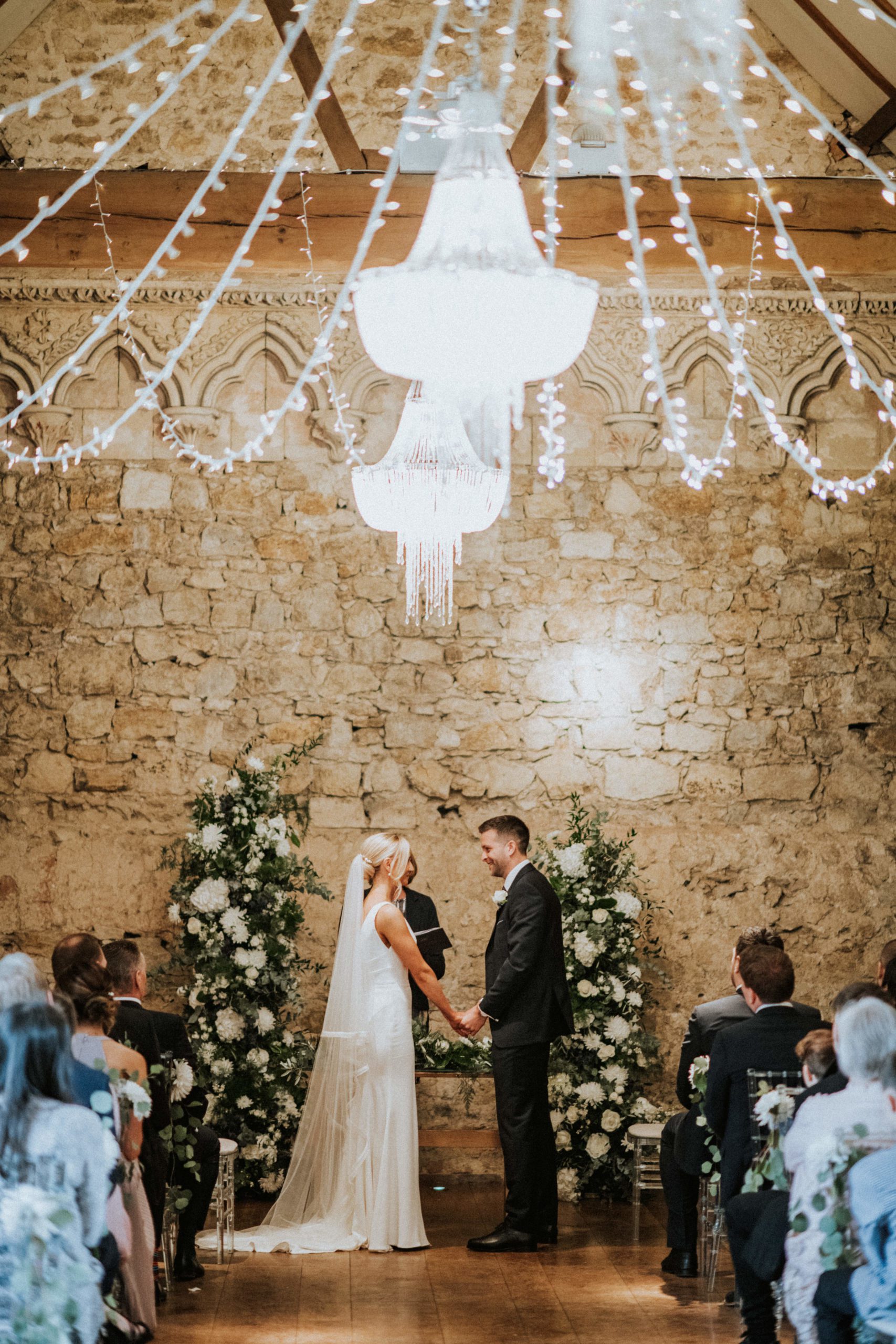CHURCH WEDDING VS CIVIL WEDDING CEREMONY
Choosing whether to get married in a church or to have a civil wedding ceremony is an entirely personal choice and should be made by the couple. This article can help couples decide what is right for them when it comes to saying ‘I do’; from tradition to the logistics of your day and more…
Church or civil wedding ceremony: how to decide?
Most couples have an idea in their mind whether they’re hoping to have a church wedding. In the modern day, when strong religious association is gently subsiding, there are nonetheless huge numbers of couples who wish to tie the knot in the sight of God for reasons of tradition as much as religion itself. One thing to think about when making your decision on this is whether you’re going to mortally offend any of your key stakeholders by taking one course or the other.
The vehemence with which someone who went to a convent school in the 1960s might object to their offspring getting married in a Catholic church is matched almost pound-for-pound by the offence that a strongly religious parent might take at a secular ceremony. And as a word to the wise – be careful if you think you can get the best of both by having a civil ceremony that smells like a church wedding. It depends on the individual registrar you’re dealing with, but many of them won’t allow candles or any religious readings whatsoever in a civil ceremony room.
If you’re already set on a church wedding, your path is fairly clear. You need to find the church (if you haven’t already) and then you need to find a venue for the reception which, ideally, isn’t too far away. The longer the distance between the two the more room there is for things to go wrong. If you can walk from one to the other – all the better!
If you’re already set on a registry office wedding – your path is equally clear. Registry offices are usually towards the middle of conurbations (large or small) so you’re likely to need to drive if you’re going for a countryside reception venue.
If you’re unsure, then it’s worth thinking about the third option – reception venues with wedding licenses – and then weighing up the three options. A key thing to consider is whether you’re happy having the day split into two, or whether you’d rather keep everyone in one place for the whole day. An added bonus of this third option is the potential, given a nice sunny day, to hold your ceremony ‘outside’.
